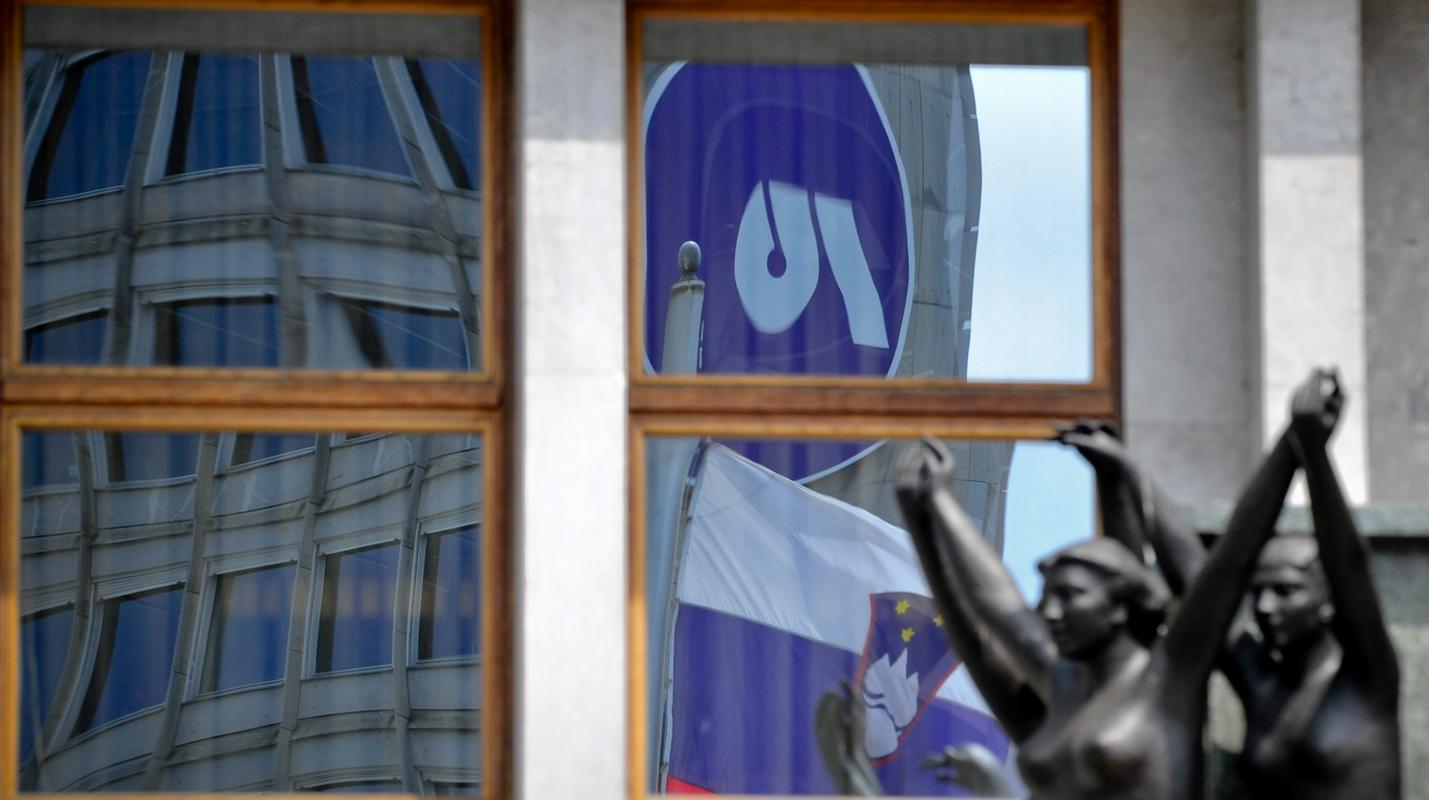
In the opinion of the commission, the failure to respond adequately or in other words the lack of action in this case, put national security at risk. The money laundering and financing of terrorism could have threatened the stability and operations of the Bank of Slovenia, and caused harm to Slovenia’s international reputation. At the moment, the above-mentioned four are being investigated for their political responsibility. Whether any of them will also face criminal charges will depend on the actions of the state prosecution. The commission will send all its material connected to the case to the prosecution office.
A good basis for eliminating anomalies
"It’s good that we completed our work with this part, with which some won’t be pleased, but it’s a good basis for eliminating such anomalies which have happened in the past," said the chair of the commission and MP from the SMC party, Jani Möderndorfer. The story started in December 2008, when a British citizen of Iranian descent, Iraj Farrokhzadeh, opened an account at the Nova Ljubljanska Banka (NLB). According to unofficial information – on which the NLB and responsible bodies refuse to comment – an account was opened for him without any problems when he presented a recommendation letter from Credit Suisse for his company Farrokh – registered in the British Virgin Islands tax haven.
From his NLB account, Mr. Farrokhzadeh made more than 9,000 transactions to different accounts around the world. In some of the cases different foreign and Slovenian security services detected money used for financing nuclear proliferation. The total value of the receipts and payments on his different accounts at the NLB amounted to around 800 million euros.

































































